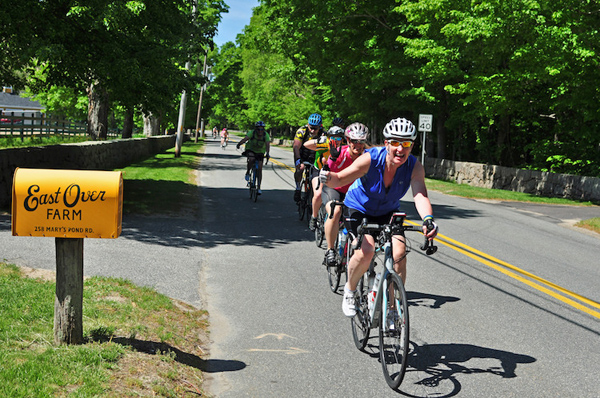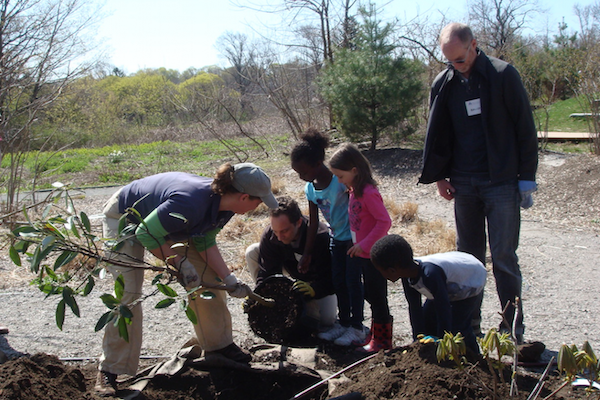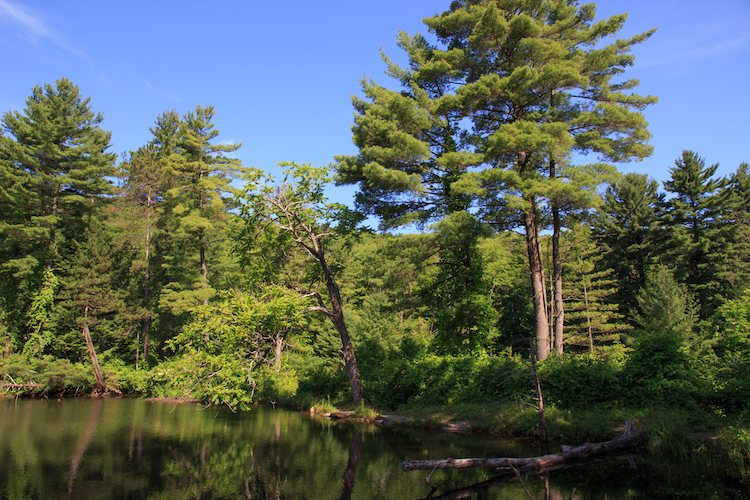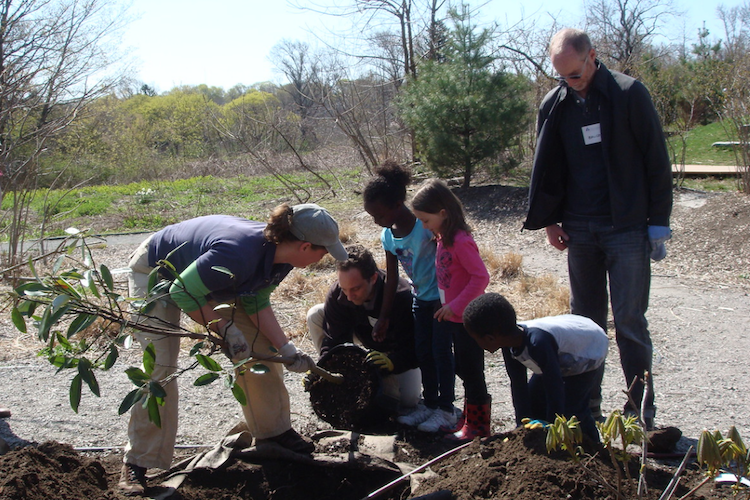About 40% of Massachusetts’ carbon emissions come from transportation sources. A significant portion of that comes from passenger vehicles. Reducing the heat-trapping carbon dioxide that we emit from our tailpipes is a complicated problem.
Thankfully, for complicated problems, there are sometimes elegant solutions. Case in point: bicycles. They are a simple machine, incredibly efficient at leveraging the strength of human legs into smooth motion. Here are just a few reasons to opt for two-wheels instead of four.
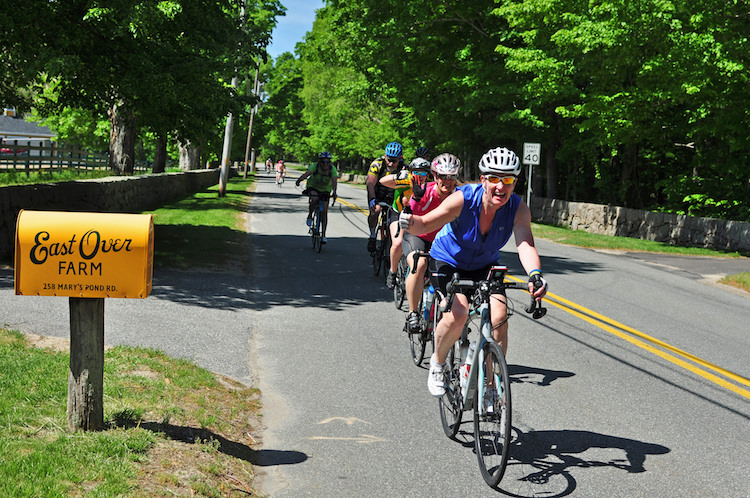
Photo: Alicia Porter via Flickr
Biking is energy efficient
Biking a mile is 3-5 times more energy-efficient than walking, and for every 3 miles not driven, 2.6 pounds of carbon dioxide is kept out of the atmosphere.
Biking is good for your health
There are many health benefits to cycling, but most directly, it improves heart and respiratory fitness. Biking a mile also burns about 50 calories, is easy on the joints, and may indirectly improve mental health later in life.
Biking reduces traffic
Having fewer cars jammed up on the road has significant effects on reducing emissions overall. By leaving your own car behind, you reduce your own carbon footprint, but you also help ease traffic congestion, slightly reducing the carbon emissions from others. Beyond that, biking simply makes our communities more pleasant by reducing noise pollution and wear-and-tear on the roads.
Biking could be faster than driving
If you live in Greater Boston and your commuting distance is relatively short (less than 3 miles one way), you can probably bike to work faster than driving. You will be moving slightly slower than cars in a city, but you often have the advantage of bike paths or bike lanes to skip jams at intersections, and you can probably park your bike closer to work than your car, saving some walking time.
If you are commuting farther, biking may take longer. Commuting from Concord to Boston, say, will take slightly more than an hour for a typical commuter. On a congested traffic day, that’s still only somewhat longer than the time spent driving, but the time is spent on rejuvenating exercise rather than simply sitting in traffic.
Biking is cheaper
Cars, on average, cost more than $0.50 per mile in operation, maintenance, insurance, and depreciation. On top of that, you may also have to pay for parking. By comparison, a solid, utilitarian bicycle will cost less than $0.10 per mile to operate and maintain.
Biking is a great way to get to know the landscape
Ernest Hemingway wrote that, “it is by riding a bicycle that you learn the contours of a country best, since you have to sweat up the hills and coast down them.” Any cyclist will tell you that is true.
You will come to feel and understand the landscape, how it determines where we live, how we use it, and how undulations imperceptible in a car guide water into streams and wetlands. You will see birds, wildlife, and other features you may have missed but passed thousands of times.
Biking is fun
There is great joy in riding a bicycle. The wind on our face, the feeling of smooth application of energy from foot to pedal to wheel, the grace of leaning into a swooping turn on a forested bike path—it all awakens a happy child in all of us.
How to Make an Impact
Every mile not driven adds up quickly to a meaningful positive impact. You can make a difference. Here’s how:
- If possible, bike to work, even if just once a month or, better yet, once a week.
- When running errands or visiting friends nearby, bike rather than drive.
- Summer vacation plans? Consider sightseeing by bike instead of driving from sight to sight. Check to see if there is a bike share or rental program.
- Voice your support for rail-to-trail conversions, bike lanes on roads, and bike-sharing services.
Have you (or will you) do one of these things? Tell us about it in the comments!


